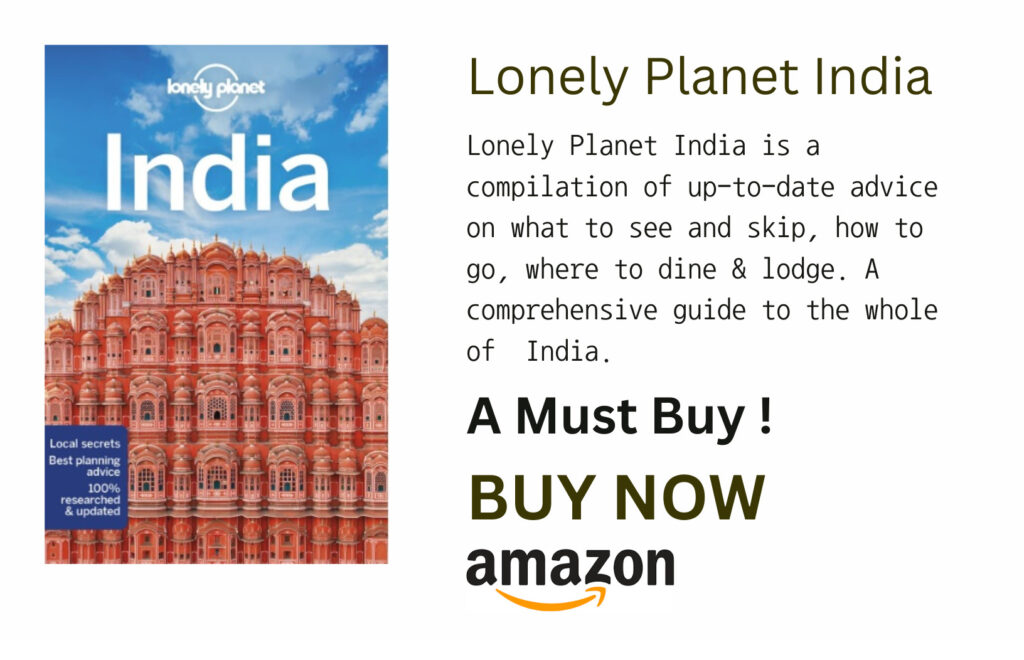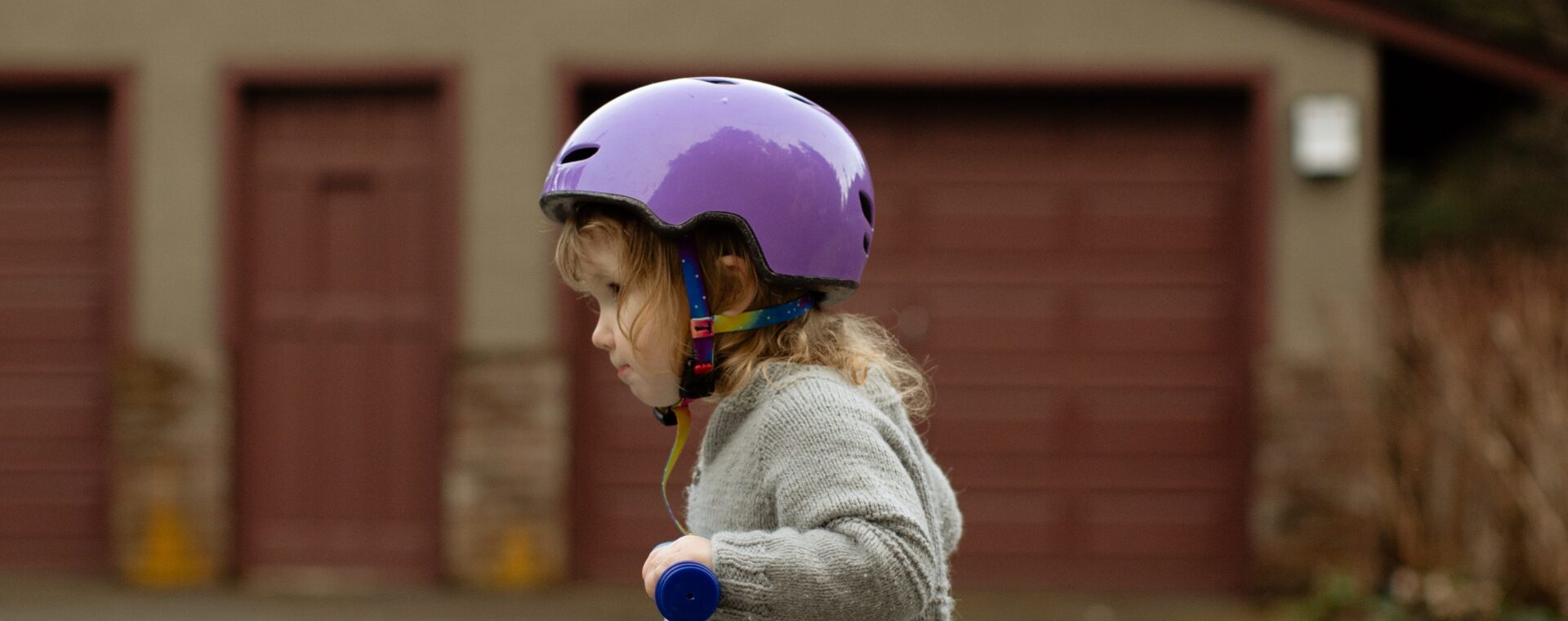Travel Safety Tips are important to complete your travel plans. Traveling can be a rich and fulfilling experience that offers a multitude of benefits. We sometimes travel for a transformative experience that helps us grow as an individual.
Traveling challenges you to face new situations, solve new problems, and adapt to unfamiliar environments which can foster personal development and self-awareness.
All that is fine, but we should always remember- SAFETY SAVES. I have put these travel safety tips which are fit for domestic & foreign tourists to have a safe trip :
1. Check the Weather Conditions
Hill stations can have unpredictable weather, so always check the weather forecast before you travel. Make sure to use reliable sources of information during your travel. These may include official government websites, reputable travel agencies, established travel guides, and trusted travel blogs. Avoid relying solely on social media or unverified sources.
Go one step ahead to cross-check the information from multiple sources to ensure accuracy. Different sources may have varying information or perspectives, so it’s best to compare and verify the information from multiple sources to get a comprehensive understanding.

The official websites of airlines, hotels, transportation providers, and tourist attractions do have the latest information. These websites often provide updates on schedules, availability, and travel advisories. You can also check with local authorities such as tourism boards, embassies or consulates, and local governments for updated information on safety, regulations, and travel advisories. They may have the most up-to-date information about the local situation.
Utilize travel apps and online tools that provide updated information about flights, transportation, accommodation, and travel advisories. Many apps and websites offer real-time information and alerts for travelers. Another way is to keep an eye on local news sources, such as newspapers, television, or radio, for the latest updates on travel-related news and events in the area you are visiting.
When in doubt, contact airlines, hotels, or other service providers directly through their customer service channels to confirm information, especially if there are any changes to your travel plans.
2. Carry Medications
This is one of the important travel safety tips. If you have any health conditions, don’t forget to carry your medications with you. Hill stations may not have easy access to pharmacies or medical facilities, so it’s better to be prepared.
It is important to consult a qualified healthcare professional for personalized medical advice. However, here are some general suggestions for medications that you may consider carrying when visiting a hill station, which is typically located at a higher altitude:
(a) Carrying some pain relievers can help alleviate headaches, muscle aches, and other minor aches and pains that may arise due to altitude sickness or physical activities like hiking.
(b) If you are prone to motion sickness, carrying medication can help you cope with nausea, dizziness, and vomiting that may occur during long drives or while navigating winding roads on the hill station.
(c) The weather at hill stations can be cooler, and you may be exposed to cold temperatures. Carrying a cough syrup or cold medicine can be useful in case you develop symptoms of a cold or cough during your visit.
(d) If you have a history of asthma or any other respiratory condition, carrying your prescribed inhaler is essential, as cold and thin air at higher altitudes can trigger respiratory symptoms.
The higher altitude at hill stations can result in increased exposure to UV rays, which can cause sunburn and chapped lips. Carrying sunscreen with a high SPF and lip balm can protect your skin from sun damage.
3. Get Travel Insurance
This is always treated as a wasteful expenditure, but in regard to safety, It has no match. Trip cancellations lost luggage and emergency medical coverage are must-haves.
4. Don’t Forget To Share Your Itinerary With Family & Friends
I know you might want to keep the travel secret, but if possible give your friends and close relatives some excerpts of your tour plan. Social Media is a great way to keep your friends updated. You are the one to decide what’s apt for you without hammering the privacy of your trip.
5. Notify Your Bank About Your Travel So That They Don’t Freeze Your Card
You may not even list this as necessary, but let me tell you this one is serious. Daily transactions during your travel trip could prompt banks’ CRMs and customer safety mechanisms to freeze your card. They might treat withdrawals as fraudulent or as if the card is in the wrong hands.
Resetting the whole thing might take days, sometimes the card gets blocked and a fresh card is issued which might take days.
6. Have Multiple Bank Accounts So That You Can Transfer Money Easily
Losing your primary card could be a nightmare. Having multiple accounts and cards linked to these accounts might keep your travel plans going.
7. Book your travel with trusted sources
Be extra cautious while booking online, and keep a watch on scam sites. The scam sites will not be as organized as genuine sites, nor formatted properly.
Always try to book by visiting their travel office so that you ensure their authority and past experience. Have the contact numbers of the nodal office noted.
8. Stay at a decent hotel for security and safety
If the place does not appear to be SAFE, it’s not SAFE! You must have saved money but it’s not letting you sleep. What’s the point?
9. Stay Hydrated-Water for Travel Safety Tips
The altitude at hill stations can cause dehydration, so make sure to drink plenty of water and stay hydrated. Avoid excessive caffeine or alcohol intake, as they can further dehydrate you. Also, keep your Internet banking passwords handy. You must reset the passwords ensuring that they are active till your trip is over.
10. Pack Appropriate Clothing
Hill stations can get chilly, especially in the evenings and early mornings, so pack warm clothing like jackets, sweaters, and socks. Also, wear comfortable shoes as you may need to do a lot of walking or trekking.
Try spending time studying the culture of the place you are visiting and blend your attire with the locatlites to the extent possible. There is no benefit in standing out as a tourist and getting targeted for potential damage & inviting trouble.
11. Acclimatize Gradually
If you’re traveling to a high-altitude hill station, give your body time to acclimatize. Take it slow and avoid strenuous physical activities for the first couple of days to avoid altitude sickness.
12. Carry Cash
Some hill stations may not have ATMs or card payment facilities, so it’s always good to carry enough cash for your expenses, including meals, transportation, and local shopping.
13. Follow Local Guidelines
Respect the local culture, customs, and guidelines. It’s important to be sensitive to the local environment and follow any rules or regulations regarding waste disposal, trekking, and other activities.
14. Stay Safe
Hill stations may have steep slopes, slippery roads, and uneven terrain, so be cautious while walking or trekking. Follow safety instructions and use proper gear if engaging in adventure activities like hiking or paragliding.
15. Keep Essentials Handy
Keep essentials like a first-aid kit, flashlight, and map handy. It’s also a good idea to have a backup charger for your devices, as power outages may occur.
You need to be in control of your health. Exercise good control while enjoying complimentary food. Once you lose your health control the whole trip takes a toll.
16. Plan for Altitude Changes
Be prepared for altitude changes and their effects on your body. Take breaks, rest, and avoid heavy meals. If you experience any symptoms of altitude sickness, such as headache, nausea, or dizziness, seek medical help immediately.
Remember to research and plan your trip in advance, make reservations for accommodations and transportation, and check for any local regulations or restrictions. Enjoy the scenic beauty and tranquility of the hill stations while keeping these travel tips in mind for a safe and enjoyable trip!


